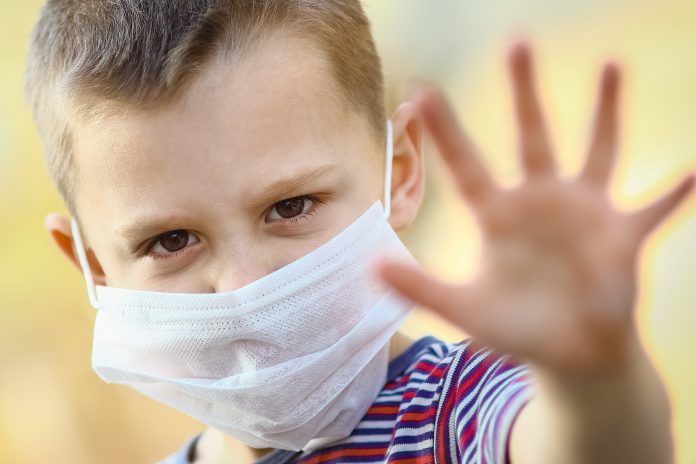The new powers to detain and isolate ‘potentially infectious’ people under the Coronavirus Act are alarming enough when applied to adults – but how do they apply to children? John Binns, partner at BCL Solicitors LLP explores here
Anecdotal evidence suggests that teenagers and the young generally are those most likely to breach social distancing rules, but it will nevertheless have surprised many that the first person to be arrested in England for doing so was aged just 13. The regulations that criminalise (in broad terms) such breaches can indeed be enforced by way of arrests and fines, and as with any criminal offence, they apply to anyone above the age of criminal responsibility, which is 10. Even more surprisingly, perhaps, the coercive powers available to public health officers and others under the Coronavirus Act, including powers to detain and isolate people for 28 days or more, have an even broader reach, applying not only to adults but to children of any age at all.
An ‘individual who has responsibility’
How will this work in practice? Unsurprisingly, the Act provides that where it is a child (which here means anyone under 18) rather than an adult who is to be subjected to them, the powers can be adapted to apply to any ‘individual who has responsibility’ for the child. This will usually be a parent, or another carer who has parental responsibility for the child within the meaning of the Children Act. That person ‘must, so far as reasonably practicable, secure that the child complies’ with the relevant directions, requirements and restrictions. They must also provide ‘such information and assistance… as is reasonably necessary and practicable in the circumstances’ to help with the exercise of the powers.
A person with ‘custody or charge for the time being’
What is perhaps more surprising is that an ‘individual who has responsibility’ for a child for these purposes can also be any individual who ‘has custody or charge for the time being’ of that child. It is unfortunately very far from clear what this means, and the Act does not even specify that the individual must themselves be an adult. This raises the prospect of police constables, immigration officers and public health officers imposing such responsibilities on older siblings or friends, if they happen to be in the child’s presence, and seem to have ‘custody or charge for the time being’ of them.
An adult ‘considered to be appropriate’
There is a similar, arguably worse, problem to be found with the supposed protection for children who are subjected to these powers, which says that they should only be exercised in the presence of someone else. Notably, this could either be an ‘individual who has responsibility’, as discussed above, or if there no such person present, ‘an adult… that the person exercising the power considers to be appropriate, having regard to any views of the child’ (although the Act goes on to say that an ‘individual who has responsibility’ must be contacted first ‘if practicable’, or else ‘reasonable steps’ must be taken to contact and inform them).
The risk of ambiguity
There is clearly potential for ambiguity here, and much will depend on what guidance is provided on how to interpret the provisions in the Act itself, to address the risk that children will suffer serious impacts on their liberties without the protection of a suitable adult. It is, of course, understandable that Parliament has given such broad powers to take coercive steps for the protection of vulnerable people and our health services. But it is important too to have limits and protections for people who are on the receiving end. That is surely particularly important where those people are children, and even more so where responsible parents are not readily to hand.











